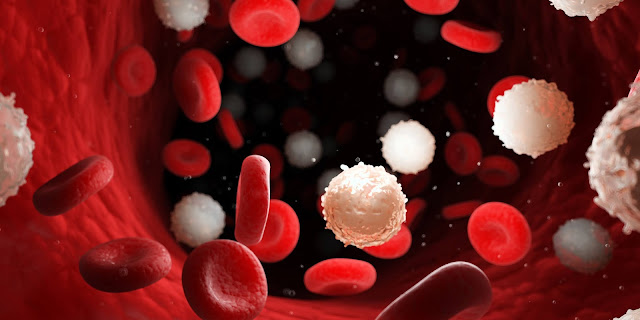What is the difference between a Blood specialist doctor and a hematopathologist?
What about Blood Specialist doctors?
Blood Specialist doctors are internal medicine doctors who have training in disorders related to human blood, lymphatic system and bone marrow that prevent clotting or excessive bleeding. They may work in blood banks, hospitals and clinics.
Common blood disorders that blood specialists treat
Blood specialists diagnose blood disease such as anemia, leukemia, lymphoma, sickle cell disease, certain cancers of the blood and inflammatory diseases.
Common Hematology test and procedures
Complete Blood Count: The most common test that helps blood specialist doctors to diagnose or monitor the disease. It includes White blood cells (WBC), Red Blood Cell (RBC), Platelet count, Hematocrit Red blood cell volume, Hemoglobin (Hb).
Prothrombin time (PT) Partial Thromboplastin Time (PTT) International Normalized Ratio (INR): They check how medications and treatments are working. It looks for bleeding or clotting disorders.
Bone Marrow transplant/stem cell transplant: It involves taking cells from the spongy center of bone with healthy cells from other parts of the body.
Chemotherapy: It uses heat, cold or chemicals to demolish damaged tissue.
What is a Hematopathologist?
Hematopathologists who examine samples of blood and blood forming tissues involved in hematopoiesis such as bone marrow and the thymus. Hematopathologist help hematologists for diagnosis and treatment of disease who often deal with hematopathology with new techniques and technologies including immunochemistry. Hematopathologist work closely with blood specialist doctors who see the patients and provide best treatment upon the diagnosis .
Malignant Hematology
Malignant Hematology is a type of cancer, they are treated by specialists in hematology specialists/Oncologist Doctor. There are many distinct types of cancer that affect blood/paraprotein, bone marrow and lymph nodes/lymphoma. To determine the nature of the malignancy are examined microscopically by all specimens. These diseases can be divided by cytogenetics (AML,CML) or immunophenotyping (lymphoma, multiple myeloma, CLL) of the malignant cells.
The various types of malignant hematology are Myeloid or myelogenous hematological malignancies that affect elderly like:
Acute myelogenous leukemia - rapidly progressing that produces too many WBC.
Chronic myelogenous leukemia - slowly progressing that produces too many WBC.
Myelodysplastic syndromes - rare bone marrow cancers that produce mature blood cells like RBC, WBC and platelets.
Myelodysplastic neoplasms - rare bone marrow disease that produces many blood cells like RBC, some WBC and platelets
The various types of malignant hematology are lymphoid or lymphoblastic hematological malignancies that affect children like:
Acute lymphoblastic leukemia - the most common childhood leukemia, rapidly progressing that produces too many T and B lymphocytes.
Chronic lymphocytic leukemia - the most common leukemia in adulthood.
Hodgkin lymphoma & Non-Hodgkin lymphoma - affecting T and B lymphocytes.
Multiple myelomas - infrequent cancer of plasma that causes cancer cells.
Oncologist Doctor
An Oncologist Doctor role is centered around complete cancer treatment. To start their treatment, an Oncologist Doctor will follow their responsibilities like:
- To explain about cancer diagnosis, including the stage.
- To inform about the assessment and the quality of treatment options available.
- To handle cancer symptoms and their side effects.
- After the treatment, maintaining follow-ups, check-ups, post-treatment.
Types of Oncologist Doctors are:
- Medical Oncologist
- Surgical Oncologist
- Radiation Oncologist
- Other Sub-specialities like Gynecologic Oncologist, Pediatric Oncologist, Hematologist-Oncologist, Neuro-Oncologist.
Following diseases are treated by an Oncologist Doctor:
- Breast Cancer
- Endometrial cancer
- Cervix cancer
- Ovarian cancer
- Lung cancer
- Head and Neck cancer
- Brain cancer
- Thyroid cancer
- Oesophageal cancer
- Bladder cancer
- Colon & Rectal cancer
- Skin cancer
- Kidney cancer
- Prostate cancer
- Testis cancer
- Blood cancer
- Liver cancer
- Pancreatic cancer
- Bone cancer
- Lymphoma



Comments
Post a Comment